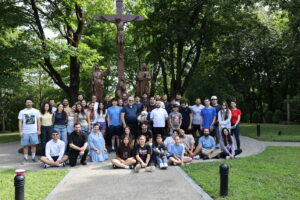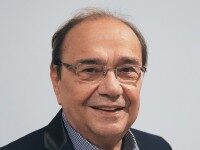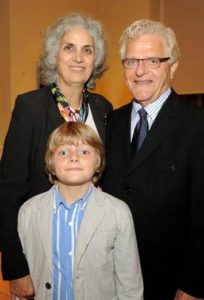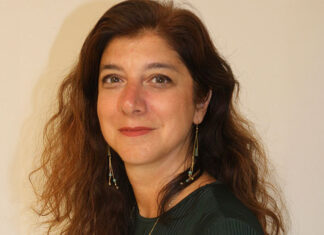By Alin K. Gregorian
Mirror-Spectator Staff
BOSTON — Kerry Kennedy lived up to her family name at the inaugural lecture in the human rights series sponsored by the K. George and Dr. Carolann Najarian Fund on Thursday, September 23. The annual lecture series is an endowed public program of the Armenian Heritage Foundation, which is funding the construction of the Armenian Heritage Park.
Kennedy spoke for less than 20 minutes, but during that short time, she recited several anecdotes and inspirational stories, which in turn charmed, inspired and touched the audience.
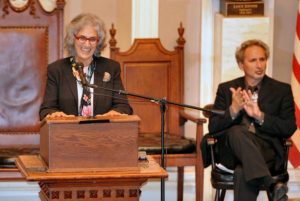
A surprise to the organizers was the presence of her mother, Ethel Kennedy, the widow of the late senator and attorney general, Robert F. Kennedy. She received tremendous applause and after the program, patiently accommodated the many fans that wanted to have their pictures taken with them.
Kerry Kennedy is a veteran campaigner for human rights. She established the Robert F. Kennedy Memorial Center for Human Rights in 1988 and has worked on diverse human rights issues such as children’s rights, child labor, disappearances, indigenous land rights, judicial independence, freedom of expression, ethnic violence, impunity and the environment. She is the author of Speak Truth to Power: Human Rights Defenders Who Are Changing Our World, which features interviews with human rights activists including Marian Wright Edelman, the Dalai Lama, Archbishop Desmond Tutu and more.

Kennedy started her talk by expressing her happiness at being a part of the program, since serving on the board of the lecture series were a host of people who were old friends and colleagues, including Margot Stern Strom and Adam Strom of the Brookline-based Facing History and Ourselves.
